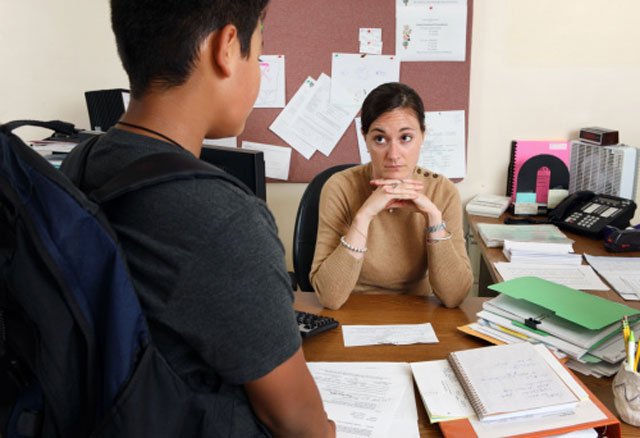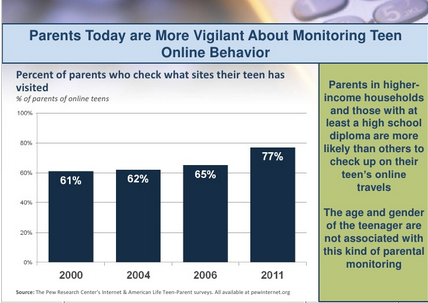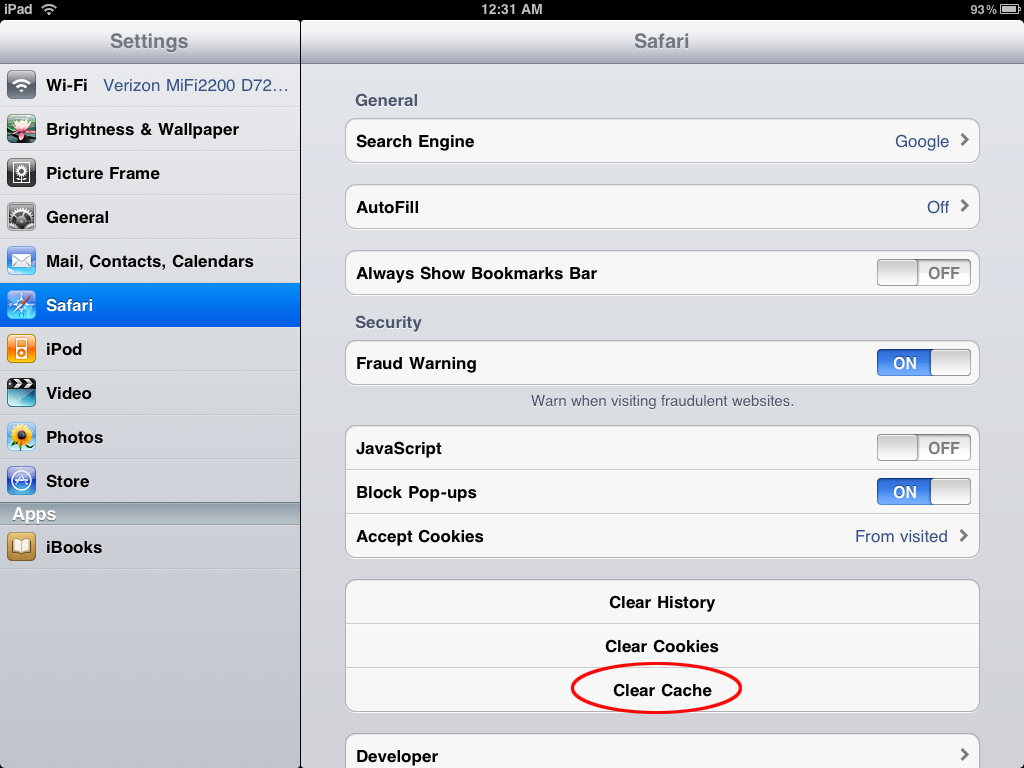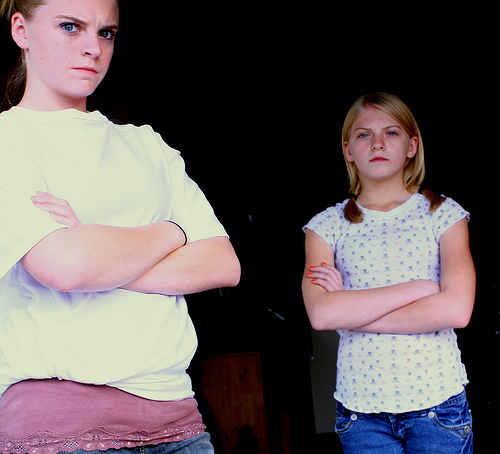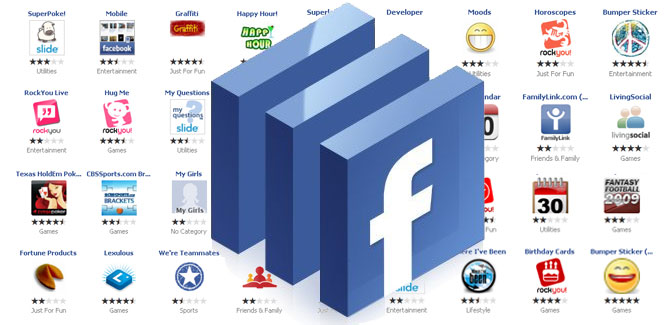Cyberbullying is using the Internet to harm, threaten, harass, or humiliate others. It can be over social networks, email, texting, or elsewhere online. Cyberbullying is a significant part of many of our kids' lives and has a seriously detrimental impact on their emotional and mental health.
Caution: Google Images and Keeping Your Kids Safe
I love and use Google Images about as much as any parent can. Just this week I've used it to find clip art images for household chore charts, answer my daughter's question about what the flag of Bolivia looks like, and make car-themed bingo cards for my son's birthday party. And it only took me a few seconds.
But all my love for Google Images notwithstanding, I do caution parents whenever their children are using it. Keep your kids safe by monitoring what they search - and what they find.
No matter what the keyword, it's pretty much inevitable that some suggestive, inappropriate, or downright pornographic images are going to appear somewhere in the search results. Luckily, most of the words your kids are going to be searching for will not have these images on the first page.
Kids Safety: 6 Things Parents Should Know About Tumblr
Popular with teens and tweens, Tumblr is a microblogging site that provides a platform for blogging that is super simple and user-friendly. An important kids safety question: does your teen have a Tumbleblog? If so, there are 6 important things about the site you should know.
-
Tumbleblogs are public blogs, and there is no way to change the setting. But there is a loophole: your child can set up a second Tumbleblog that can be password-protected, and neglect the the primary one which is public by default.
-
The “block” feature has limitations. If your child is being harassed or just doesn't like a certain Tumblr user, they can block that person from communicating with them via Tumblr – but they can't block them from seeing their blog. Keep that in mind.
Teens Love Texting and Social Networks But Ignore Email: Is It True?
Most teenagers use social-media sites and parents are wise to it, "friending" their kids and monitoring which sites they visit at an increased rate, according to a study presented at an educators conference today.
Seventy-six percent of teens are on social-media sites, with most -- 93 percent -- of them on Facebook, according to the Pew Internet study that examined the behavior of teens online.
And the usage increases with age -- a sign that parents are sticking tight to a rule that only teens 13-years-old and up can go on social-media sites, something such sites have been dinged for failing to police in the past.
Top 10 Ways Teens Get Around Parental Monitoring
Do you think you have a pretty good idea of what your child is doing online? You may even have parental controls or parental monitoring software. Despite all the effort you go through to monitor your teen's Internet activity, your kids may still be pulling the wool over your eyes in more ways than one, a new study reveals.
The 2012 Teen Internet Behavior Study from McAfee took a closer look at the ways kids 13-17 hide their Internet activity from their parents. Teens reported that their top 10 methods included:
-
Clearing the browser history (53%)
-
Closing/minimizing browser windows when parent walked in (46%)
-
Hiding or deleting IMs or videos (34%)
The Internet Safety Conversation: 3 Ways to Get Your Kid to Open Up
As Governor Andrew Cuomo and the state of New York join the ranks of the few states that have passed cyberbullying laws, it’s important to understand that simply passing a law is not going to ensure your kids’ online safety. It takes an individual effort on the part of parents and kids to end online harassment, and it starts with honest, open communication.
What is the Average Age That a Teen Starts Sexting?
It's really hard to be a parent and try to relate to what childhood is like for my kids. I know what it was like to be a tween and teen back in the 20th century, not what it's like today.
My Child Has Been Cyberbullying: What Do I Do Now?
Your heart skipped a beat when you first found out that your child has been cyberbullying others.
Maybe you received a phone call from the principal or another parent, or maybe you stumbled across some bullying messages stored on your child's phone or computer. However you found out, the news probably came as quite a shock.
Kids Safety: How Depressives Surf the Web
 An interesting article reported by the New York Times: Kids Safety, Facebook Depression and How Depressives Surf the Web. By SRIRAM CHELLAPPAN and RAGHAVENDRA KOTIKALAPUDI
An interesting article reported by the New York Times: Kids Safety, Facebook Depression and How Depressives Surf the Web. By SRIRAM CHELLAPPAN and RAGHAVENDRA KOTIKALAPUDI
IN what way do you spend your time online? Do you check your e-mail compulsively? Watch lots of videos? Switch frequently among multiple Internet applications — from games to file downloads to chat rooms?
We believe that your pattern of Internet use says something about you. Specifically, our research suggests it can offer clues to your mental well-being.
In a study to be published in a forthcoming issue of IEEE Technology and Society Magazine, we and our colleagues found that students who showed signs of depression tended to use the Internet differently from those who showed no symptoms of depression.
Keeping Your Kids Safe and Protecting Them on Formspring
Has Formspring become a topic of daily conversation in your house? Or, more likely, you may have heard your teen saying “Formspring” and had no clue what they were talking about.
The idea of Formspring is simple enough. It's a fun, social forum where people ask and answer questions. You can ask one person, a group, or everyone on Formspring.
Questions you might see can be silly (“How much wood could a woodchuck chuck?”) or thought-provoking (“Do you think you can love someone who is fundamentally different from you?”) Teens also use Formspring to take the temperature of what's normal with their peers (“Do you get along with your parents?”)
Kids Safety and Your Cell Phone Policy for Sleepovers?
When your children are old enough to carry their own cell phones, you can't help but breathe a sigh of relief. Now you have a way to get in touch with them wherever they are. They can call or text you if they need you. But sometimes, sexting and texting can make the cell phone a double-edged sword.
Do you let your kids take their phone to a party, especially sleepovers?
Kids Safe: 4 Reasons to Monitor Your Child's Cell Phone
Today's cell phones are tiny supercomputers that require just as much parental monitoring as laptops and desktops. Here are 4 things you should be aware of when monitoring your child's cell phone.
1. Texting
Texting sure is a handy way to exchange quick messages with your child when you're running late or want to remind them of something, but texting has the potential to get kids in a lot of trouble. Texts are easily forwarded, and whatever kids text could end up in the whole school's inbox the next day.
It's also easy to misread someone's intentions in a text message. The anonymity of texting also makes it easier for a child to slip into cyberbullying and rude behavior. While you're talking about sexting, make it clear that there are certain times when texting should be off-limits (in class, for example.)
Today's Teens Aren't the Only Ones Sexting and Cyberbullying (Part 2)
“Is it spying or is it good parenting when parents closely monitor teens’ online activity?” asks Tony Anscombe. “Parenting teens that have grown up alongside the Internet and with mobile phones in hand requires an entirely new set of rules and tactics. Our research reveals that while parents trust their teens to do the right thing, such as avoiding pornography on the Internet and 'sexting,' they are still concerned about their children’s safety and how teens’ online behavior may affect their future careers."
Forty percent of American parents worry the content their children post to Facebook and other social networks will affect their children’s job prospects down the road. Adding to this stress, less than 50 percent of American parents feel their child’s school is doing a good job preparing their students for the online world. They aren’t alone in their concerns. Digital Coming of Age found that nearly half of all parents around the globe felt that schools were not effective in teaching their teens to responsibly use the Internet.
Tuscarawas County, OH- to Offer Cyberbullying Program
 NEW PHILADELPHIA — The Tuscarawas County Public Library-New Philadelphia will offer cyberbullying prevention programs for youth and parents on Friday, May 11 and Saturday, May 12.
NEW PHILADELPHIA — The Tuscarawas County Public Library-New Philadelphia will offer cyberbullying prevention programs for youth and parents on Friday, May 11 and Saturday, May 12.
Kids with Disabilities Especially at Risk for Cyberbullying
Cyberbullying is one of parents' top concerns for their children's health and safety, and it's one of the most common dangers for young people online. And certain kids, namely those with disabilities, are more at risk for cyberbullying than others.
Most kids won't pick on the child with a physical handicap, but children with “invisible” disabilities such as Asperger's, autism spectrum disorder, learning disabilities, ADD and ADHD, and obsessive-compulsive disorder are more likely to be victims of cyberbullying. What's more, these children may not even realize that they are being bullied or taken advantage of.
Understanding ESRB Ratings
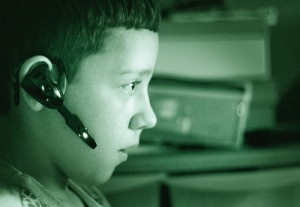 The ESRB (Entertainment Software Rating Board) is a non-profit organization that assigns computer and video game content ratings, enforces industry-adopted advertising guidelines and helps ensure responsible online privacy practices for the interactive entertainment software industry. The ESRB was started so consumers, especially parents, could make informed purchasing decisions.
The ESRB (Entertainment Software Rating Board) is a non-profit organization that assigns computer and video game content ratings, enforces industry-adopted advertising guidelines and helps ensure responsible online privacy practices for the interactive entertainment software industry. The ESRB was started so consumers, especially parents, could make informed purchasing decisions.
The ESRB Rating is made up of two equally important parts: Rating Symbol and Content Descriptors. This two-part approach provides parents with a more granular understanding of the games they might buy and the ones their kids are playing – online and off.
Ratings Symbols
Read More »10 Signs Your Child Suffers From Facebook Depression: Kids Safety
If your teen seems moody and withdrawn after spending time on a social networking site, the problem may not be cyberbullying – it could be a sign of Facebook depression.
Facebook depression is a blanket term for any depression that develops when a teen spends a lot of time on social media, comparing their lives to the posts of other people.
For some teens, social networks may end up feeling like a popularity contest where they always lose: they don't have as many friends on their buddy list, as many happy tidbits of news to tweet about, as many Kodak moments with their friends as everyone else seems to.
In fact, I felt the pull of Facebook envy when my sister-in-law sent me a link to her Flickr account. As expected, it was populated with pictures of her happy children having the time of their lives on various picture-perfect family vacations, and by the bottom of the second page I was already doubting myself as a mother.
Where were the kids with lunch leftovers on their faces throwing tempter tantrums? Where were the piles of dirty laundry, or the piles of clean laundry that never get folded and leave the basket? Was I doing something wrong?
So I can certainly see how Facebook for kids could become a depressing activity, reading about the fun parties they weren't at and looking at photo after photo of other people laughing it up with their BFFs. By immersing yourself too much in social networking, it's easy to lose perspective and measure your worst against everyone else's best.
Here are 10 signs that your child could be suffering from Facebook depression:
Limiting Screen Time for Your Kids Safety
When I was growing up, the term “screen time” hadn't made its debut in the parenting expert arena. My parents needed to set limits on our TV time, and that was about where it ended. Of course we have a lot of other screens we need to worry about now, and they seem to be even more addictive than the television.
I know that my own kids are much more drawn to playing Angry Birds on their Android phone than watching The Disney Channel, and the teenagers I know are spending most of their time on Facebook instead of MTV.
What Parents Need to Know About Apps on Facebook for Kids
If you have Facebook for kids of your own, you've discovered that it's more than just a social network. It's a platform for thousands of applications that allow you to do pretty much anything.
With apps, you can send a card to a friend, take a quiz to find out which character from The Hunger Games you are, or answer trivia questions that donate proceeds to charity.
But as fun and enriching as they may be, Facebook apps can be a serious security concern – especially where your kids are concerned. Facebook apps can contain malware and many access a ton of your child's personal information – even without his knowledge.
If you are a parent with a child on Facebook, here are some things you need to know about apps:
Read More »10 Parental Monitoring Tips for Cell Phones
Following Mondays article on parental monitoring and why you should be doing it, I thought we'd follow up with some tips for monitoring his or her phone. I am noticing more and more teens scrolling through Facebook pictures and checking their emails using their mobile phone all the time. And it's not just me.
Facebook's recent acquisition of Instagram, a photo sharing app for mobile devices, shows that users are increasingly going online using a phone.
Even so, statistics show that far fewer parents monitor their child's cell phone as rigorously as they do other Internet-enabled devices, like a laptop or desktop PC. If this is you, don't feel bad – start keeping your kids safer today with these 10 parental monitoring tips for cell phones.

